NSP
November 23, 2021
New faculty positions available in Nutrition and Food Systems at UW
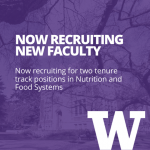
The Nutritional Sciences Program within the School of Public Health at the University of Washington (UW) invites applications for two full-time (100% FTE) tenure-track faculty positions at the rank of assistant professor and associate professor or professor with an anticipated start date as early as summer 2022. Specific areas in which the program is interested…
November 15, 2021
Focus on ‘how to eat’ more effective than diet and weight loss

At UW, dietetics students learn principles for delivering effective client care that goes beyond what you put on your plate. Our society is obsessed with thinness, dieting, and fitness. At the root of this obsession is a weight-biased belief that if you are a person in a higher-weight body, you lack willpower, are lazy, or…
October 28, 2021
New website highlights food systems experts and educational opportunities across UW
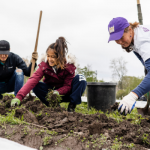
A new Food Systems at UW website has been launched to provide a central resource hub of people, organizations, and educational opportunities related to food systems at UW. The website was initiated by the UW Food Systems Education and Research Network, and this network aims to: Bring together UW experts from multiple disciplines to address…
October 7, 2021
UW Food Systems Walking Tour Highlights
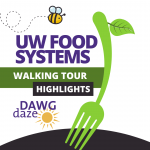
Many thanks to all the UW Huskies who joined us October 1, 2021 for our UW Food Systems Walking Tour! The tour, organized by the Nutritional Sciences Program’s Student and Academic Services team, explored the University of Washington’s food system and was a featured activity as part of the 2021 Autumn Dawg Daze events. Tour…
September 27, 2021
Join the UW Food Systems Walking Tour October 1
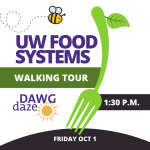
Join representatives from the Food Systems, Nutrition, and Health Major for a guided tour of campus to explore the University of Washington’s food system, an activity sponsored by UW Nutritional Sciences Program as part of the 2021 Autumn Dawg Daze events. The tour will make stops at the Medicinal Herb Garden, outside the UW Food…
September 21, 2021
Jessica Jones-Smith to present at Fred Hutch on children’s diet quality research
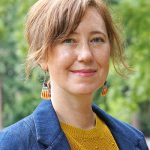
Jessica Jones-Smith, an associate professor of epidemiology and a core faculty member in the Nutritional Sciences Program will present at the Fred Hutchinson Cancer Epidemiology and Prevention Seminar on September 22, 2021. Jones-Smith will be discussing some of her recent research investigating the association between the Healthy Hunger Free Kids Act and Children’s Diet Quality….
September 8, 2021
Dr. Alissa Bilfield joins Nutritional Sciences core faculty

The University of Washington Nutritional Sciences Program is pleased to welcome Dr. Alissa Bilfield as a new member of our core faculty and growing team of food systems faculty. Bilfield began her appointment as an assistant teaching professor in the Department of Environmental and Occupational Health Sciences in the UW School of Public Health September…
August 20, 2021
Congratulations to 2021 master’s and GCPD graduates
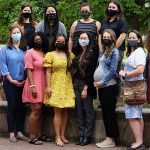
Friday, August 20, we recognized the accomplishments of our students who will complete their graduate degrees and Graduate Coordinated Program in Dietetics (GCPD) training in 2021. The small gathering consisting of students, staff, and faculty took place in the UW Quad. Anne Lund, the program director said, “Graduation looked a little different this year as…
August 19, 2021
Autumn seminar ‘Future of Food Systems’ announced
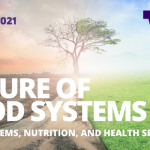
There is growing urgency for our food systems to be more sustainable, resilient, and equitable. But how? The UW Nutritional Sciences Program will welcome experts and practitioners currently working at the forefront of these challenges to advance this conversation during our autumn 2021 Food Systems, Nutrition, and Health Seminar. Guest speakers will include Michael Fakhri,…
July 15, 2021
WAFOOD food security survey now open to WA residents
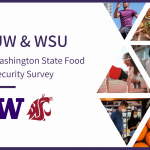
Revised 10/9/24: This post was revised to remove links to an earlier survey that is no longer active. Please visit the WAFOOD project page to find the latest links to current surveys and information. A third wave of the WAFOOD Survey is now active, and asks all Washington State residents over the age of 18…
Previous page Next page